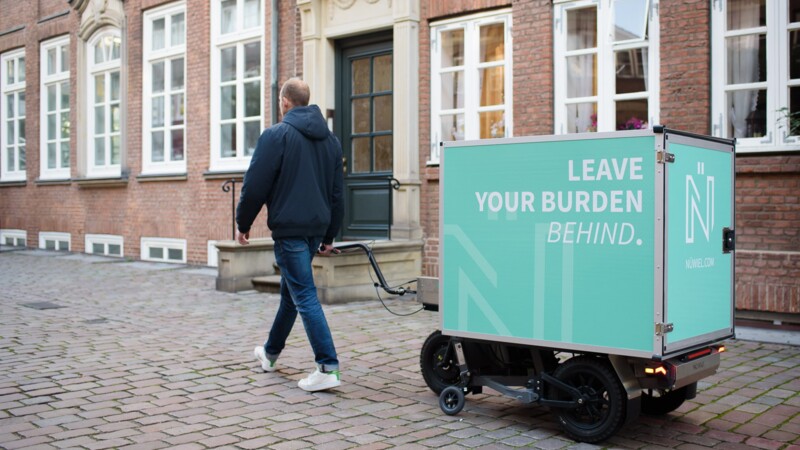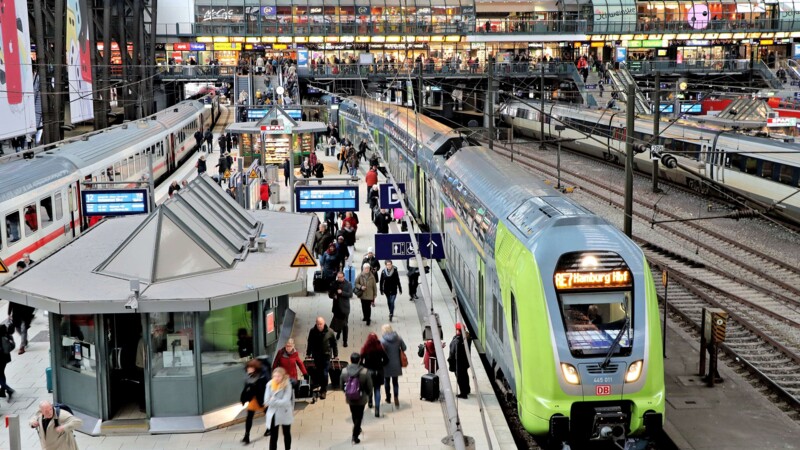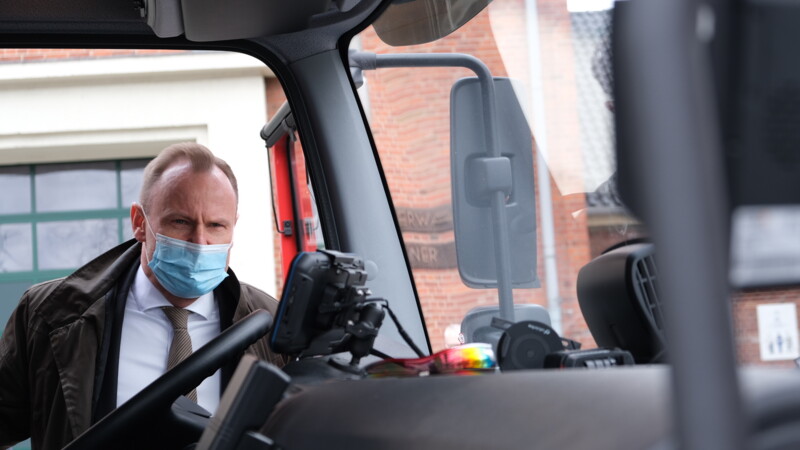"Modern turning assistants help bus drivers to better recognise cyclists and pedestrians and thus significantly increase the safety of all road users," said Anjes Tjarks, Senator for Transport and Mobility Transition. The City of Hamburg has already equipped around 97 per cent of its urban lorries with intelligent turn-off assistants.
Around 200 buses in Hamburger Hochbahn's fleet are to be equipped with turn-off assistant systems by late June, a press release said Monday (April 26, 2021). The system should help avoid collisions with cyclists and pedestrians in blind spots. The company's plans foresee retrofitting all 1,000 buses in the fleet by late 2022 at a cost of some EUR 2.5 million.
Bus fleet comes after lorry fleet
Pioneer in Germany
In 2019, the Hanseatic city became the first major German city to launch a large-scale, practical test for turn-off assistants in different types of vehicles. A framework agreement with manufacturers of such systems was launched later in 2019 enabling municipal authorities and companies to avail of the systems without having to issue a tender. The senate also decided that only vehicles with turn-off assistants would be ordered from August 1, 2020.
Hochbahn is equipping its bus fleet as part of the overall effort towards a mobility transition. The move means Hamburg has anticipated an EU regulation according to which turn-off assistants for buses will be mandatory in (only) new vehicles from 2024.
Acute and visual signal for drivers
"We are improving the interaction between buses and bicycles in the city by equipping our fleet with the systems," said Claudia Güsken, Director of Operations and Human Resources at Hochbahn. The turn-off assistants are a welcome addition to bus drivers' anticipatory driving. A radar-based system sends drivers an acoustic and visual signal as soon as road users are in a three-by-ten-metre safety zone when turning.
tn/sb/kk/pb
Sources and further information
More
Similar articles

Great demand for e-taxi grants

Rising demand for Nüwiel's bicycles trailers amid pandemic

